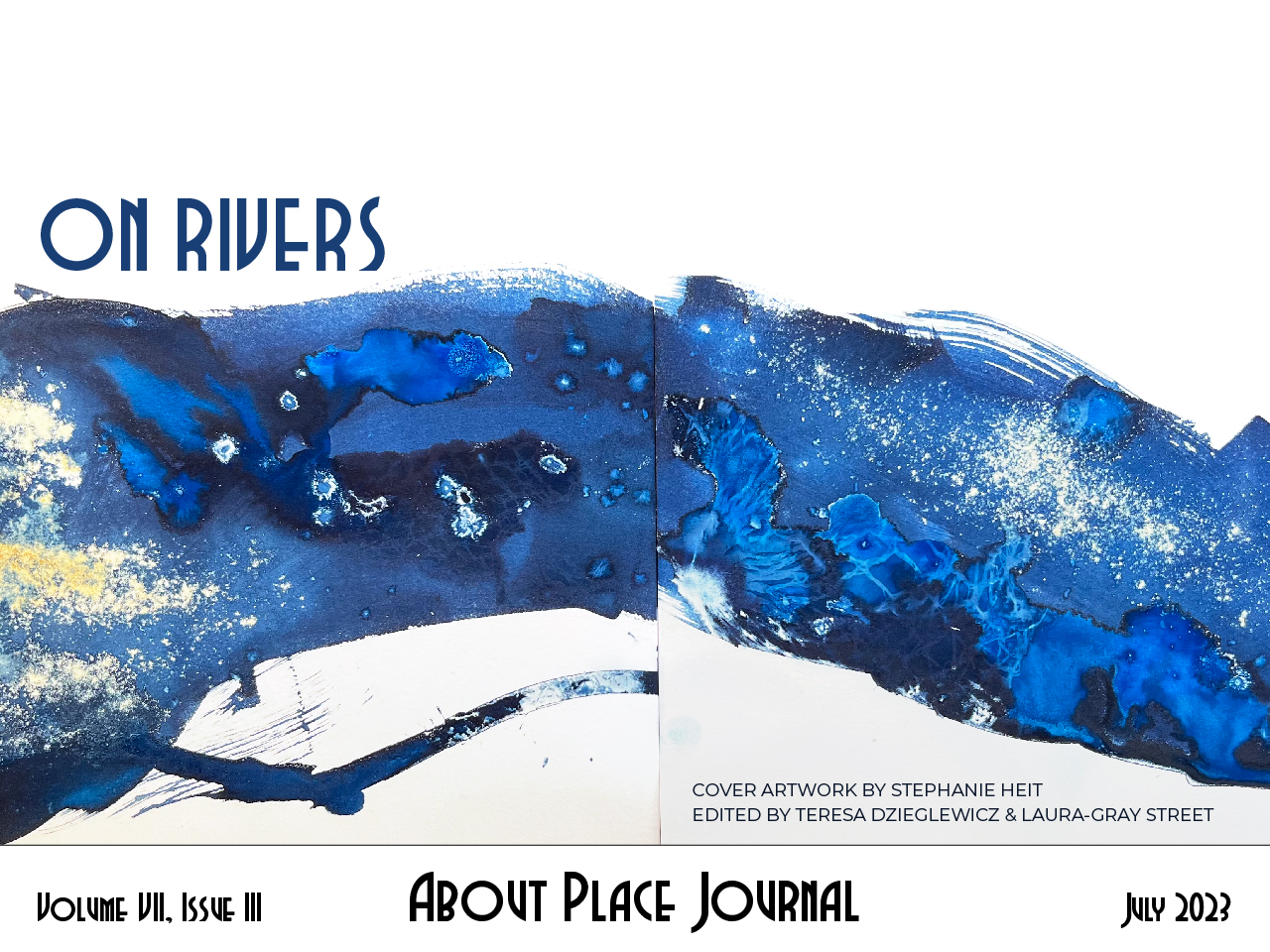A sea of perfect grass, intentionally imported, meticulously laid down, is dotted by stubborn yellow. Dandelions pop up every spring, much to lawn-owners’ dismay. They are subsequently picked, spritzed with questionable concoctions, and systematically separated from the pristine lawn. But, the genocide of Taraxacum Officinale is a recent phenomenon. It was once a desirable flower, brought over with the colonization of America with the intention to be planted, to be enjoyed. Once here, it spread and flourished. But, unlike unruly Kudzu, which ate the South and usurped native species, dandelions pose little threat to the American ecosystem.
In fact, they were coveted as a Swiss Army Knife of the plant world by those who knew where they kept their tools, used in a myriad of medicinal and culinary ways to enhance our lives. The leaves can help with inflammation when eaten as a simple side dish, improve digestion, and lower blood glucose levels. Its roots ease urinary tract infections, help the liver, kidneys and gallbladder with a hefty dose of soluble fibers. The plant is a treasure trove of vitamins, A, C, K, and E. Holding magic from its fingers to its toes, dandelions can be made into tea, wine, vinegar, oil, honey.
So, why is it cast aside as a weed?
My grandmother would tell me to eat dandelion greens in order to be strong and healthy. Others told me to stay away from the weed, unless it was with a spade. They were too consumed by the image of a perfect lawn to see the beauty in the plant. But my Yiayia, much as she refused to speak English, much as she remained adamant in making spanakopita each Sunday after church, kept the dandelion close to her heart.
***
I’m six, with her on my family’s farm. The land is old, 40 acres, and feels so large, an entire world waiting to be explored. It stretches its arms to the train track in the distance and is contained by the dilapidated fence that Dad hasn’t fixed yet. The barn hasn’t started to crumble; it stands erect, broad shouldered and proud as we walk along the creek that cuts our farm apart from the other homes, a moat keeping in everything I knew away from the outside world.
Yiayia, no wheelchair, no shaking, trudges through the un-mowed field. She knows every tree intimately, their names, where they keep their life savings, their favorite movie and least favorite food. She knows the moss-covered rock by the entrance of the barn, tells me it’s hiding hordes of grubs and millipedes and that we better not move it. We pass the rotting storage structure, once a beacon of hard work, now rusting under the pressure of age. Someone hung themselves there, many years before I was even an idea, when the wooden beams were strong enough to hold the weight of depression. Yiayia knows this, but I do not. We walk past it without a thought.
When she brandishes a knife, I’m shocked by the gleaming blade and that Yiayia could wield anything so fearsome. In just a moment she becomes Achilles, a warrior, protector. It catches the light in such a way that I think of Greece, back before we left, before there was a need to leave. I imagine her at my age, frolicking through the tobacco fields of her father’s farm, searching for something in the Grecian soil that would creep all the way over to America. “What are we looking for?” I ask, following Achilles as we wade through the waist high grasses.
“Χόρτα, αγάπη μου.” She answers me.
I nod, unable to respond with my limited Greek, but I understand in my heart. We’ve been on this quest before, just the two of us, but I am young, time expansive, and when we collect dandelion greens it always feels like a lifetime ago.
The field of soybeans to our right is sprayed seasonally with something acrid and metallic, and the weeds around our house are plucked and primped regularly. We must read the understory of the farm, in-between the lines, to find the jewels hidden in the landscaping.
But Yiayia, with her infinite wisdom and acute intuition, knows where to look. We trek past the barn into an enclave of wild grasses and wheat that has traveled from the surrounding farms, trespassing onto our kingdom. This is the forgotten land, where Monsanto never cared to colonize, where the pesticides lose interest and turn back, where our precious dandelion greens are able to be free.
She takes the blade, her fingers dangerously close to the edge, and lets it guide her. She tells me the best greens are those whose flowers haven’t turned into ghostly tulle, even before the yellow sun blooms. Though they would all be bitter, the trick is to find sweetness in the pungent palate, knowing that this was where the power came from. With more stress and subjugation, the plant learns how to produce more nutrients and persevere. The acrid flavor is meant to protect; bitter to some, it is the taste of survival.
We spend all day picking each individual leaf, brushing off any mites or beetles, and delicately placing them in a plastic grocery bag. We fill four bags, which would cook down to feed only a few, says Yiayia. But the mass is so impressive, I almost don’t believe her. Almost. We share the load and place our harvest in the car, but before I get in to guard the bags for the minute journey, Yiayia stops me. She says she has a surprise. With her, most everything is a surprise. From old letters, to stories of worlds far away, little secrets to make the best cake, to the romance of her and Pappou; there was so much unknown and so much to uncover in those days.
From the cavernous abyss that is her trunk, she produces a cantaloupe. Flawlessly ripened by the spring sun and Yiayia’s careful love for her garden; it is perfect. With a swift motion, she slices the melon down the middle and hands me a quarter moon. I look at it, unaware of how to consume something so fragile and delicate, but Yiayia already has her face in it, sopping up the meat, letting the juices fall down her chin.
I was never really close to cantaloupe, being acquaintances at best. But I did know πεπόνι. A sweet friend that always came by after lunch. She told me how she felt based off her smells and the music she made when I tapped her. We watched the yellow birds come eat at her feeders, and old soap operas on her TV. Cantaloupe’s house was too sterile and unsoiled for a child. Whereas πεπόνι’s home smelled of butter and flowers, clean but yearning for action and mistakes. It was plush and old, copper kettles and Persian carpets. I never knew how to put this relationship into words, I still don’t. Yet, I loved πεπόνι and she loved me. I didn’t want to hurt her, but I trusted Yiayia. Everything was alright.
I bite down into the fruit, ripping through its ripe flesh, I become a wild animal devouring the prey it has just caught. Antelope, cantaloupe. Lion, little girl. I forget about the dinner table rules my parents implement, the remnants of cotillion they carry with them. Elbows off the table. Don’t speak with your mouth full. Forks on the left side of the plate, knives on the right. Instead, there is just me and a melon. Simple.
We gorge ourselves, becoming sticky with spring. I laugh and juice falls from my mouth, soiling my shirt. I’m sure Mom yelled at me for getting dirty. I don’t remember that part of the story. It was okay to be dirty with Yiayia. This was the deserved feast after our quest, a necessary part of gathering our precious greens.
After our cantaloupe quarters are gutted and scraped to the rind, Yiayia takes my half and leads me to the creek. The small vein of water has always been a mystical fountain to me. Hiding crayfish and guppies in its smooth crevices, the lime green moss that comes alive when the snow melts and the water level rises, the inversion of the banks from erosion when it lowers; the creek is always breathing, changing, alive.
We sit in an opening of grass, our legs dangling into the water, our shoes getting wet. We don’t care. Yiayia gently places the two melon halves in the water, her hands on both to keep them from floating away.
“Κοίτα, είναι καράβι!” She exclaims.
“What?” I ask her instead of pretending to understand out of shame. I’m six, after all.
“Πεπόνι boats.” She tells me in a mix of Greek and English.
I like the name and I shuffle closer to watch her hands and our dear boats.
“Τρία.” She starts, setting the boats equally behind an invisible starting line. “Δύο.” I can’t possibly wait any longer. I watch the current ripple off the rinds. Neither can the boats, “Ενα!” She lifts her hands and the boats stall for a second, getting used to life in the creek without Yiayia’s fingers. Then they catch the current and they’re off, bumping against rocks, bobbing with the changing rhythm of the water. We watch and cheer, not caring about whose half is whose, only that they are πεπόνι boats and they are ours. We laugh and clap as one of them bumbles around the curve of the creek, disappearing from our view. The other follows. Then we thank the πεπονι boats for a nice snack and a good race.
They belong to the water now.
That night, I joined Yiayia and Mom in cleaning and preparing the horta for dinner. They boiled the dandelion greens, cooking down the mass into a clump of dark green like a mermaid’s hair out of water. With a sprinkle of salt, and unmeasured doses of olive oil and lemon, the dandelion greens are simple yet intricate. Bitter, sour, salty and sweet. They were an explosion of flavor and I smiled to them, thanking them for our meal, the afternoon earlier, meeting the greens in their home and bringing them to mine.
In my eyes, they were never a weed.


